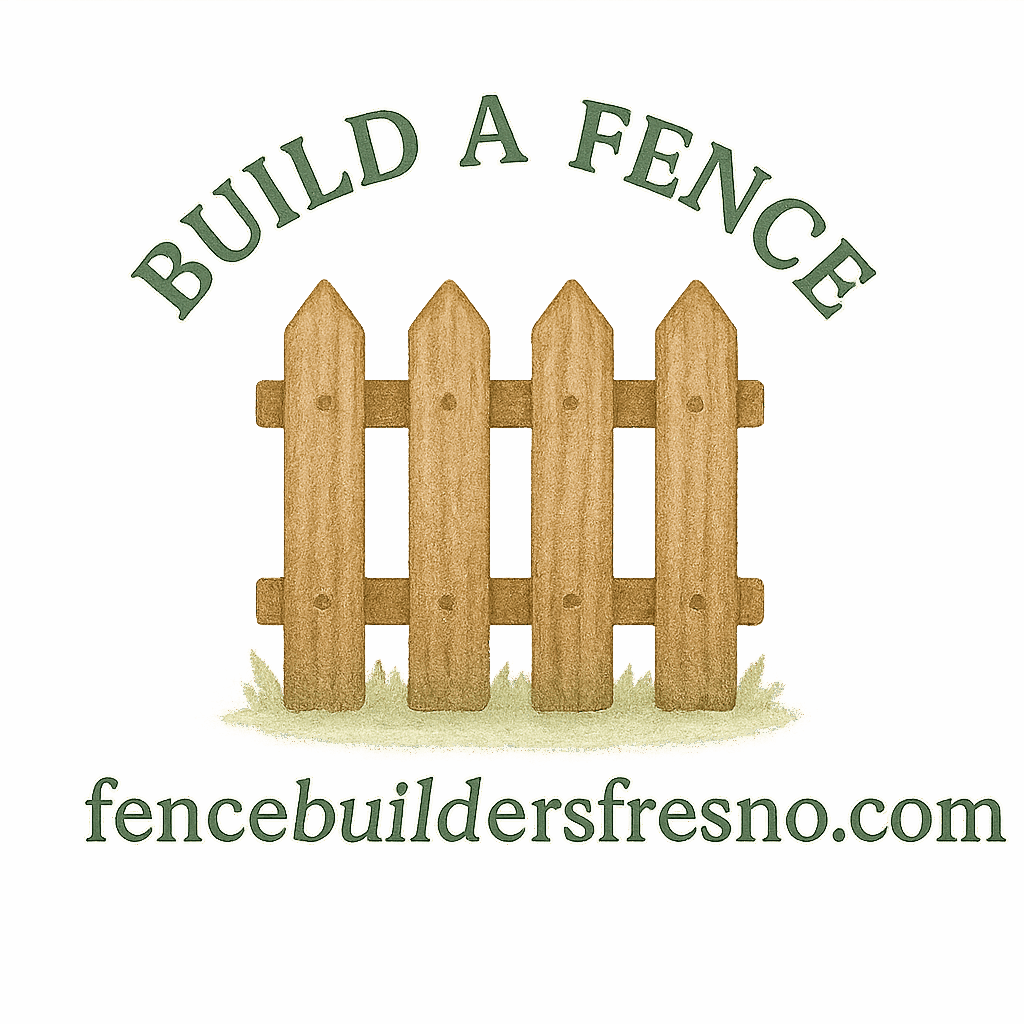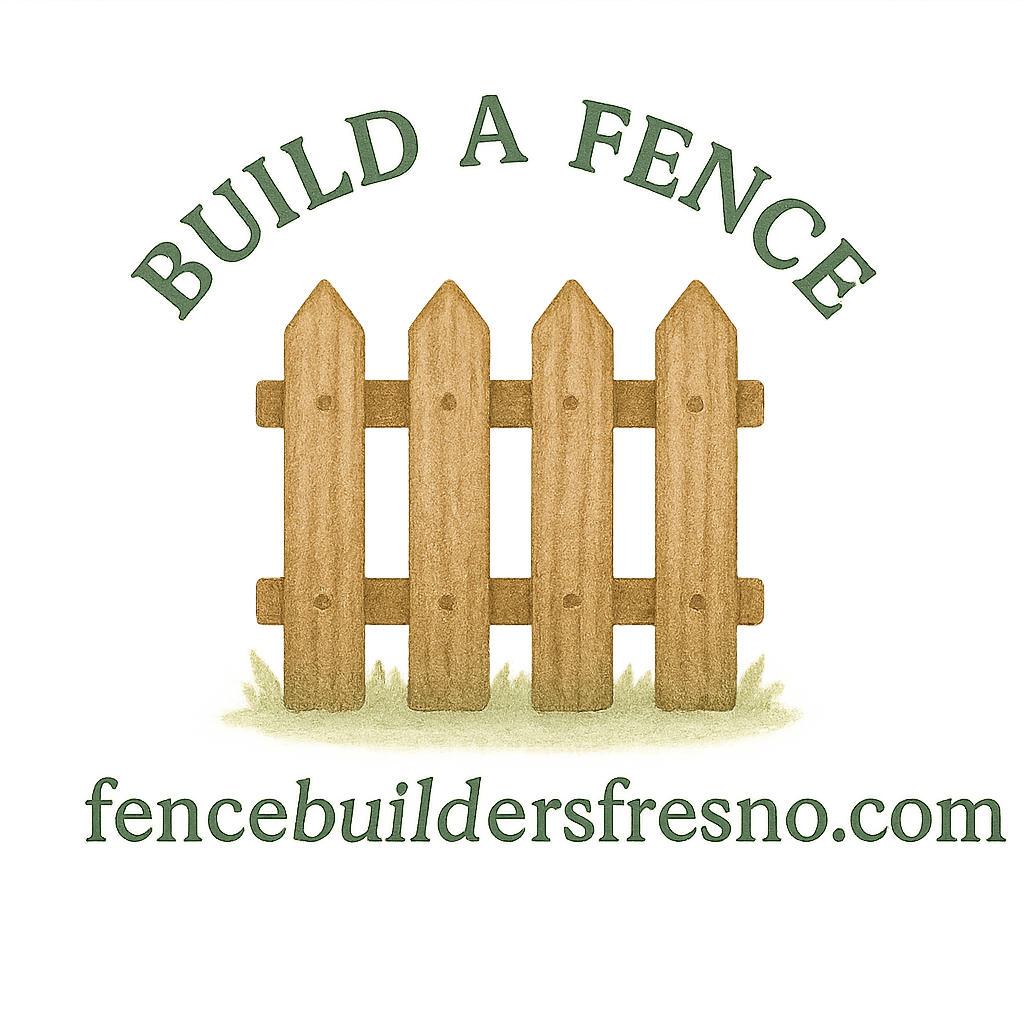Introduction
Thinking about building your own fence? It’s a fantastic way to boost your home’s curb appeal, add privacy, and even increase property value. But here’s the thing—DIY fencing projects can get expensive quickly if you’re not careful. Between buying materials, renting tools, and handling unexpected issues, costs can spiral out of control.
The good news? With the right strategy, you can keep your project on track. In this guide, I’ll share 8 tips to stay within budget during DIY fencing planning—so you can save money without sacrificing quality.
Why Budgeting Matters in DIY Fencing
The True Cost of DIY vs. Hiring Professionals
Sure, DIY fencing saves you labor costs, but you’ll still need to factor in materials, tools, and sometimes permits. For a breakdown of what goes into a fence project, check out this detailed resource on fence building basics.

Common Mistakes That Blow Up Fence Budgets
Many DIYers go over budget because they:
- Don’t measure their property correctly
- Buy the wrong type of material
- Forget about long-term maintenance costs
Understanding these pitfalls up front helps you avoid them.
Tip 1: Define Your Fencing Goals Early
Before you even grab a hammer, ask yourself: Why am I building this fence?
Privacy vs. Decorative Purposes
A decorative fence for your front yard will cost less than a full-height privacy fence. Learn more about choosing styles in this guide on fence design planning.
Security and Safety Considerations
If your main goal is to keep pets inside or intruders outside, sturdier, taller materials are worth the investment.
Tip 2: Choose the Right Fencing Material
Your choice of material is where costs can swing the most.
Wood Fence Costs and Care
Wood is affordable upfront but needs regular upkeep. For maintenance tips, visit wood fence care.
Vinyl Fence Durability and Price
Vinyl costs more at the start, but it’s low-maintenance and long-lasting. Check out more about vinyl fence options.
Metal, Chain Link, and Other Options
If you’re on a strict budget, chain link is usually the cheapest. For comparisons, read this guide on fence types.
Tip 3: Measure Your Property Accurately
Why Precise Measurements Save Money
Too much material means wasted cash, too little means costly reorders.
Tools for Measuring Property Lines
Grab a long tape measure, string, stakes, and property line maps. To avoid disputes, see this guide on property lines and rights.
Tip 4: Plan for Legal and Property Line Considerations
Understanding Local Fence Regulations
City codes often regulate fence height and placement. Learn more about legal fencing considerations.
How to Avoid Fence Encroachment Disputes
Even a few inches over your neighbor’s property line can spark legal trouble. See advice on fence encroachment.
Tip 5: DIY Smart, But Know When to Hire Help
Which Tasks Are Beginner-Friendly
Digging post holes, attaching panels, and staining are tasks most homeowners can handle.
When to Call in Professionals
If you’ve got tricky soil or slopes, sometimes hiring experts is smarter. You can explore tips in this DIY fence guide.
Tip 6: Shop Smart for Materials
Buying in Bulk vs. Local Hardware Stores
Buying in bulk from suppliers often beats big-box store pricing.
Comparing Online and In-Store Prices
Factor in delivery fees before assuming online is cheaper.
For cost comparisons, see the fence installation guide.
Tip 7: Reuse and Recycle When Possible
Using Old Posts or Panels
Some old fence parts can be reused, saving big bucks.
Creative Decorative Fence Hacks
Mixing reclaimed wood with new pieces makes your project affordable and stylish. For ideas, browse decorative fence designs.
Tip 8: Plan for Maintenance Costs
Wood Fence Care and Upkeep Tips
Sealing, staining, and regular inspections keep wood strong. Get full guidance in this article on fence maintenance and repair.
Low-Maintenance Options for Long-Term Savings
Vinyl and composite are higher upfront but nearly maintenance-free. See more low-maintenance fencing choices.
Additional Money-Saving Ideas
Building in Phases
Focus on critical sections first (like backyard privacy), then expand later.
Simple Designs That Reduce Costs
Straight lines and basic panels are cheaper than ornate designs. Learn more from these upkeep tips.
Conclusion
DIY fencing is one of those projects that can either be a huge money saver or a money pit—it all depends on how well you plan. By defining your goals, choosing the right material, measuring carefully, and thinking ahead about maintenance, you can build a fence that’s affordable, attractive, and long-lasting. Stay smart, stick to your budget, and your DIY fence will reward you for years to come.
FAQs
1. What is the cheapest type of fencing to install?
Chain link fences are usually the most affordable and practical for large areas.
2. How do I estimate the cost of a DIY fence?
Measure your property, select your materials, and calculate cost per foot. The fence guide can help.
3. Is it really cheaper to build a fence myself?
Yes—especially if you already own tools. But factor in time and possible mistakes.
4. How can I prevent overspending during fence planning?
Set a strict budget, compare material prices, and follow proven home fencing strategies.
5. Which fencing material lasts the longest with the least maintenance?
Vinyl and aluminum are durable, low-maintenance choices.
6. What tools are essential for DIY fence building?
You’ll need a post-hole digger, tape measure, level, drill, and saw.
7. Can I mix fencing materials to save money?
Absolutely! You can use chain link in the back and wood or vinyl in the front for style and savings.


